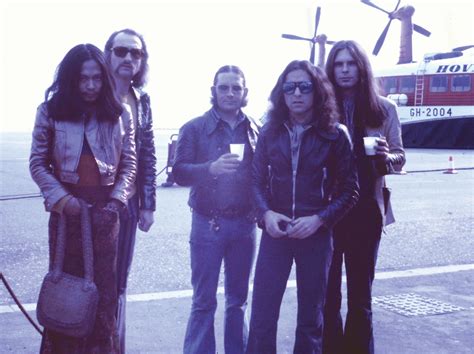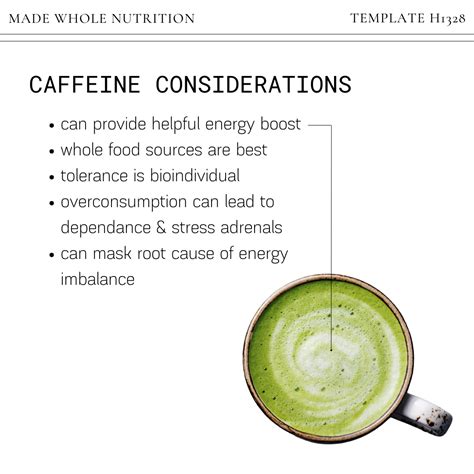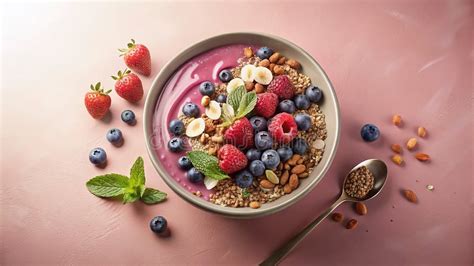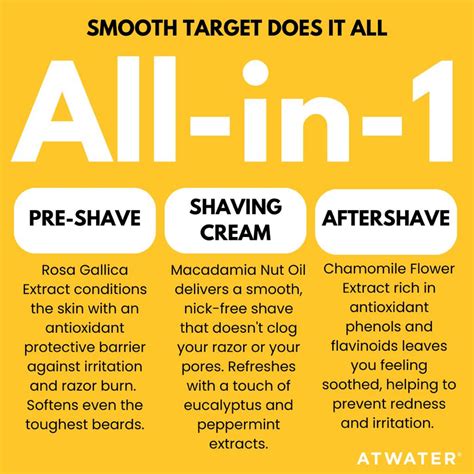Which micronutrients boost natural testosterone for male vitality & strength?
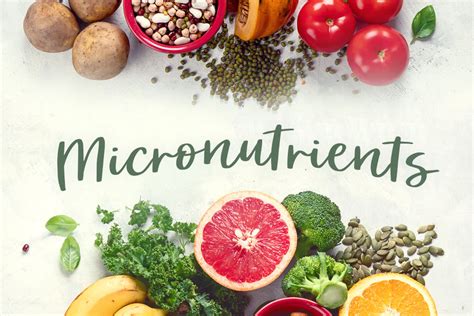
Understanding Testosterone’s Role in Male Health
Testosterone is the primary male sex hormone, playing a pivotal role far beyond just libido. It’s fundamental for building muscle mass and strength, maintaining bone density, regulating mood, and ensuring overall energy levels. As men age, natural testosterone levels can decline, leading to various issues like decreased energy, reduced muscle mass, increased body fat, and lower vitality. While many factors influence testosterone, a key often overlooked component is micronutrient intake.
A diet rich in specific vitamins and minerals is essential for the body’s complex hormonal pathways to function optimally. Supplementing a balanced diet with targeted micronutrients can provide significant support for natural testosterone production, fostering greater vitality and strength.

Zinc: A Cornerstone for Testosterone Production
Zinc is perhaps one of the most well-known minerals linked to testosterone. It’s a vital cofactor for hundreds of enzymatic reactions in the body, including those involved in hormone production. Research indicates that even marginal zinc deficiency can lead to significant drops in testosterone levels. It plays a role in the pituitary gland’s regulation of luteinizing hormone (LH), which signals the testes to produce testosterone. Furthermore, zinc is thought to inhibit the enzyme aromatase, which converts testosterone into estrogen, thus helping to maintain healthy testosterone levels.
Excellent dietary sources of zinc include oysters (exceptionally high), red meat, poultry, beans, nuts, and whole grains. Ensuring adequate zinc intake is a foundational step for anyone looking to optimize their hormonal health.

Vitamin D: The Sunshine Hormone’s Impact
Often referred to as the ‘sunshine vitamin,’ Vitamin D is actually a steroid hormone itself, and its receptors are found on nearly every cell in the body, including those involved in testosterone synthesis. Studies have shown a strong correlation between sufficient vitamin D levels and higher testosterone levels in men. It’s believed to play a role in both the production and regulation of testosterone, potentially by increasing the sensitivity of testicular cells to LH.
The best way to get Vitamin D is through sun exposure, though dietary sources like fatty fish (salmon, mackerel), fortified milk, and eggs can contribute. Given modern indoor lifestyles, many men are deficient, making supplementation a common and effective strategy.
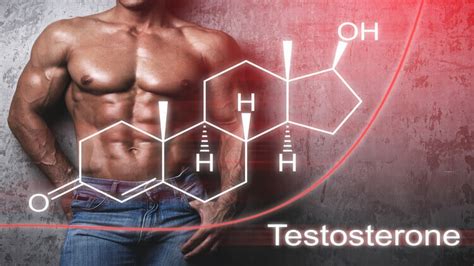
Magnesium: Enhancing Free Testosterone Levels
Magnesium is another critical mineral involved in over 300 biochemical reactions, many of which are vital for energy production and muscle function. For testosterone, magnesium plays a crucial role in increasing the bioavailability of ‘free’ testosterone. It does this by binding to sex hormone-binding globulin (SHBG), a protein that transports testosterone in the blood. When magnesium binds to SHBG, less SHBG is available to bind to testosterone, leaving more free testosterone circulating in the bloodstream, which is the biologically active form the body can use.
Rich sources of magnesium include leafy green vegetables, nuts, seeds, whole grains, and dark chocolate. Adequate magnesium intake is also essential for quality sleep, which is itself a significant factor in healthy testosterone production.
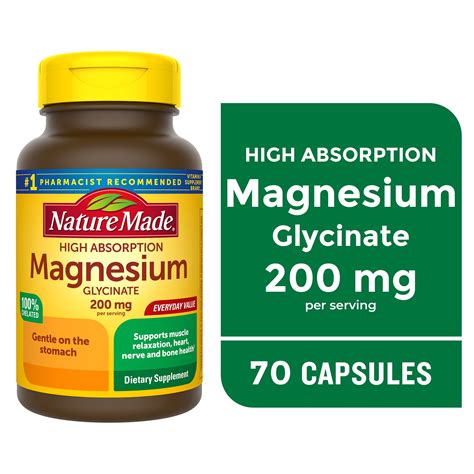
Other Essential Micronutrients for Hormonal Balance
While Zinc, Vitamin D, and Magnesium are paramount, other micronutrients also contribute to healthy testosterone levels:
- Boron: Emerging research suggests boron can increase free testosterone and reduce estrogen levels.
- Selenium: An antioxidant that supports overall endocrine function and sperm health.
- B Vitamins: Especially B6, B9 (folate), and B12, which are crucial for energy metabolism and hormone regulation.
- Vitamin K2: May support testosterone production and bone health.
A Holistic Approach to Male Hormonal Health
While targeted micronutrient intake is powerful, it’s crucial to remember that it’s part of a larger picture. Optimal testosterone levels and male vitality are best supported by a holistic lifestyle that includes:
- A Balanced Diet: Rich in whole foods, healthy fats, lean proteins, and complex carbohydrates.
- Regular Exercise: Especially strength training and high-intensity interval training (HIIT).
- Sufficient Sleep: Aim for 7-9 hours of quality sleep per night.
- Stress Management: Chronic stress can elevate cortisol, which negatively impacts testosterone.
- Healthy Weight: Obesity is linked to lower testosterone.
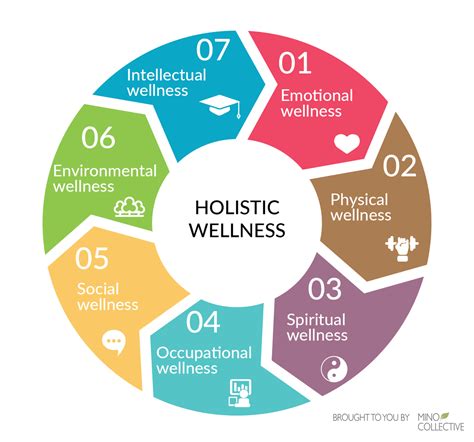
Conclusion: Fueling Male Vitality Naturally
Boosting natural testosterone for enhanced vitality and strength doesn’t always require drastic measures. Often, the answer lies in providing your body with the fundamental building blocks it needs. By prioritizing micronutrients like Zinc, Vitamin D, and Magnesium, alongside other supportive vitamins and minerals, men can significantly optimize their hormonal environment. Combined with a healthy lifestyle, a nutrient-dense diet forms the powerful foundation for maintaining robust testosterone levels, ensuring sustained energy, muscle strength, and overall male well-being.
